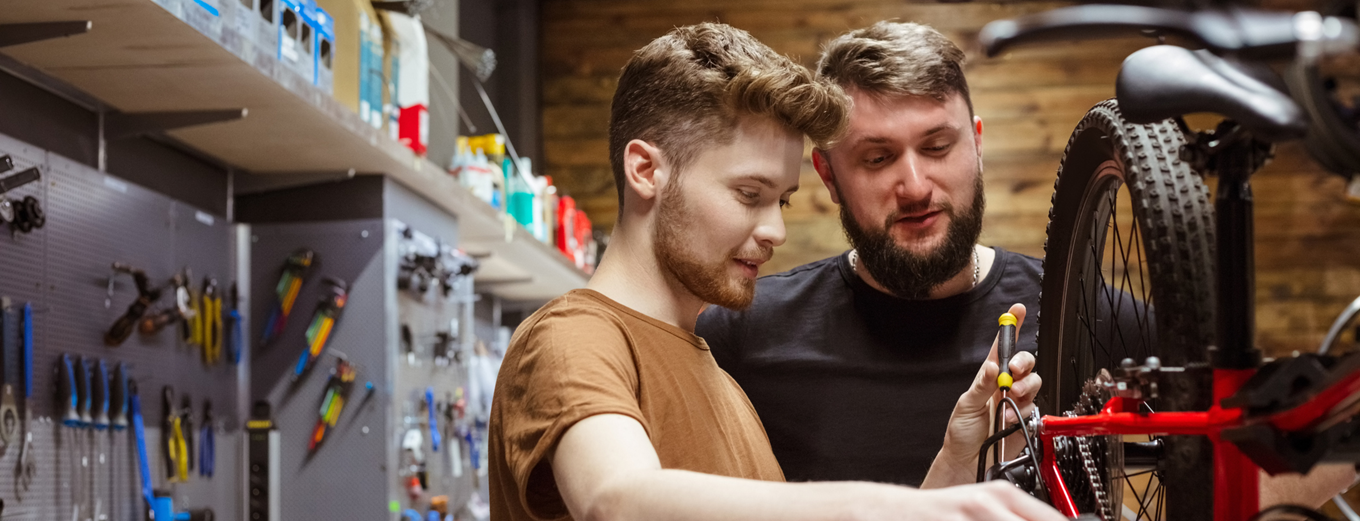The European Commission has proposed a new Directive to combat bogus internships. Critics say it lacks ambition.
On 20 March 2024, the European Commission (EC) decided to take an additional step to improve the quality of traineeships across the EU. This decision follows the evaluation of the 2014 Council Recommendation on the ‘Quality Framework for Traineeships’ made in 2023 (see SwissCore article). The 21 quality principles defined in this Framework ensure high quality learning and working conditions. The EC found that the quality of traineeships has improved since the implementation of the Recommendation, but it also identified room for improvement in the working conditions of interns. For this purpose, the EC drafted a proposal for a Directive and a proposal for a revision of the 2014 Framework in order to reduce the proportion of unpaid traineeships in the EU, where almost half of the 3.1 million trainees were unpaid in 2019.
The Directive is a tool proposed by the Commission to help Member States improve and ensure good quality working conditions for trainees. It identifies four elements as key to promoting internships. The first principle is the non-discrimination, where authorities should ensure that trainees are treated in the same way as regular employees, including fair pay, appropriate responsibilities, work intensity and a variety of stimulating tasks. Member States should use control measures to ensure that traineeships are not used by employers to “disguise regular jobs”. They recommend, for example, checking the length of contracts, the number of trainees in the company or the working conditions. The EC also wants to allow workers’ syndicates to act on behalf of trainees and defend their rights. The last key element proposed by the EC is the creation of channels for trainees to report poor working conditions and misconduct.
On the Council Recommendation side, the proposed reinforcement should apply to all trainees. Member States and companies should promote equal access to internship opportunities regardless of their situation in life, for example by providing adapted and accessible workplaces for people with disabilities or by reaching out to people in remote areas. A better adaptation to the new working conditions after the COVID pandemic should allow trainees to do hybrid and remote work and to provide them with the appropriate equipment to work from home. The EC also recommends that employers provide a mentor for a better guidance and targeted support. They reiterate the need to pay trainees fairly and to provide them with good and adequate social protection. The evaluation carried out in 2023 shows that employability at the end of the traineeships is low: incentives to offer a regular position at the end of the internship and career guidance should be promoted and implemented.
This long-awaited decision by the EC was welcomed by many stakeholders, but seen as an unfinished business by some organisations such as the European Youth Forum (YFJ), and some political groups, such as the Young European Greens (FYEG). The Youth Forum considers the adoption of the Directive as a ‘big step in the right direction’, but as the Directive does not ban unpaid internships, they say it is a ‘step backwards’ as it only solves part of the problem. The Commission responded to concerns from citizens about these two proposals on 5 April 2024. They point out that the Directive obliges Member States to ensure fair pay for trainees in comparison to regular workers. However, it will only be possible to apply it if the Directive is adopted by the European Parliament and the Council of the EU, and its implementation will be in the hands of the Member States.

